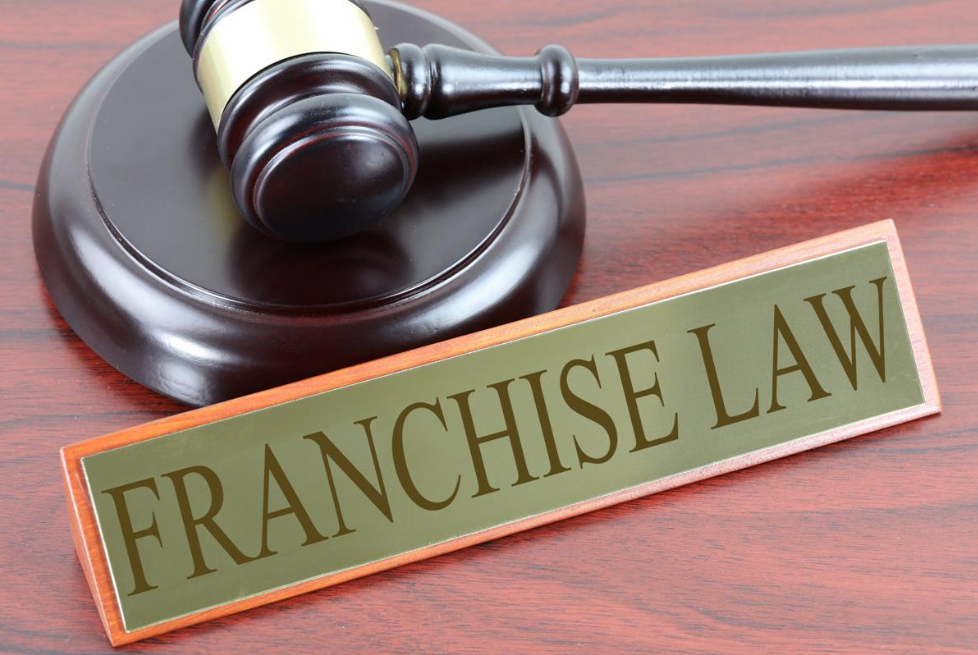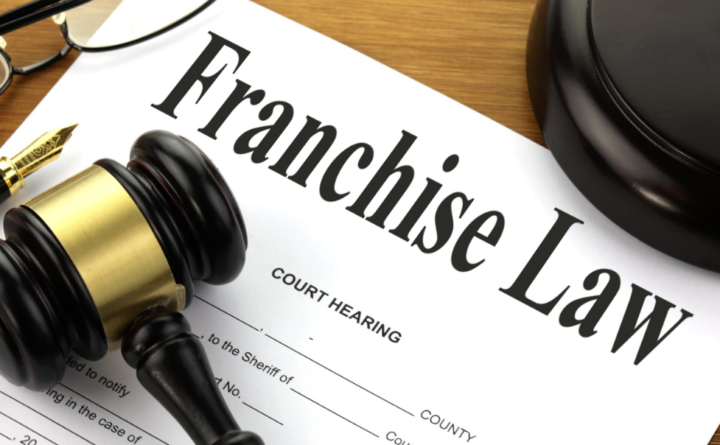Franchise law in Sydney is governed by the Franchising Code of Conduct, which is a mandatory code that regulates the conduct of franchisors and franchisees. The code is designed to protect the rights of franchisees and ensure that they are treated fairly.
If you are thinking of franchising your business or investing in a franchise, it is important that you get advice from a franchise lawyer about your rights and obligations under the code.
This article will provide you with an overview of the key points you need to know about franchise law in Sydney.
Your exit rights:
Franchise law provides that a franchisee has the right to terminate their agreement with the franchisor on two months’ notice. However, this right can be limited or excluded by express terms in the contract.
Franchisee disclosure obligations:
Franchisees have certain disclosure obligations when they enter into a franchise agreement with their franchisor. These include disclosing any financial position that may affect their ability to perform under the agreement, including any pending or threatened litigation, bankruptcy or insolvency proceedings, and any other matter affecting their creditworthiness.

Good faith and general conduct:
Franchisors must act in good faith towards their franchisees at all times, including when entering into contracts with other parties on behalf of their franchisees and when making decisions about renewals or terminations of agreements with expert legal advice in Sydney. This means that they must be fair in their dealings with their franchisees and act reasonably towards them at all times.
Marketing funds:
Franchise law governs how marketing funds are treated by a franchisor. A franchisor can use the money it receives from a franchisee as part of its plan to market the business, but it must also return any unused funds once the term has ended. The Franchising Code of Conduct provides that any excess funds should be returned within 28 days after the end of the term.
Renewal, transfer, and termination:
A franchisee has an obligation to renew the franchise agreement at the end of its term and cannot terminate it before this date unless there is a right to do so under the agreement. If there is no right to terminate early, then you may need to pay damages if you break the agreement early by terminating without cause or without giving notice prior to the expiry of the term.
Conclusion:
As you can see, franchise law in Sydney can be a complex area of law, where it is important to get the right advice. You need a lawyer who really understands franchising, not just a general commercial lawyer.
Related Tags: Franchise Lawyers

